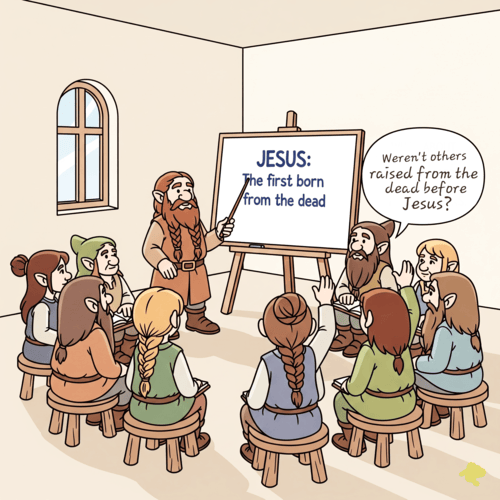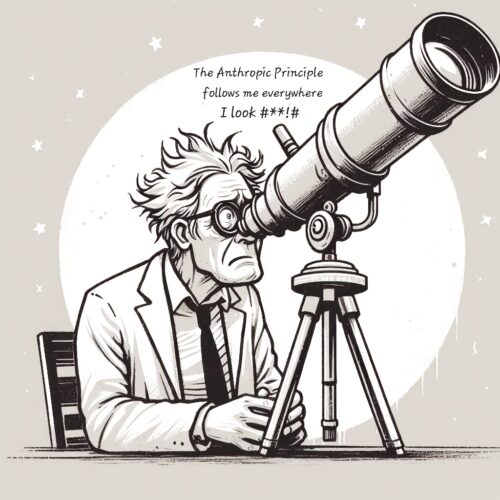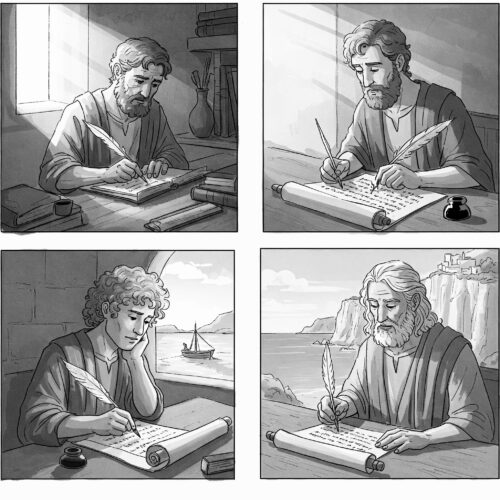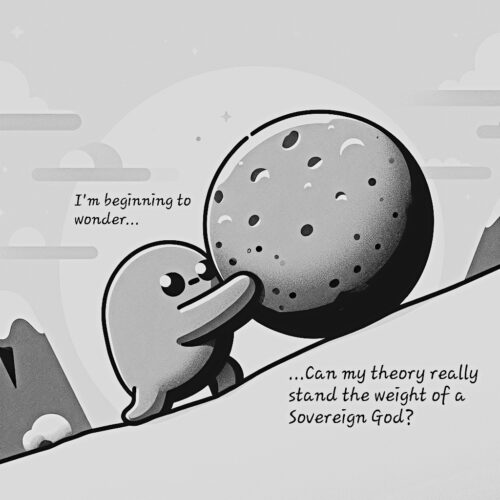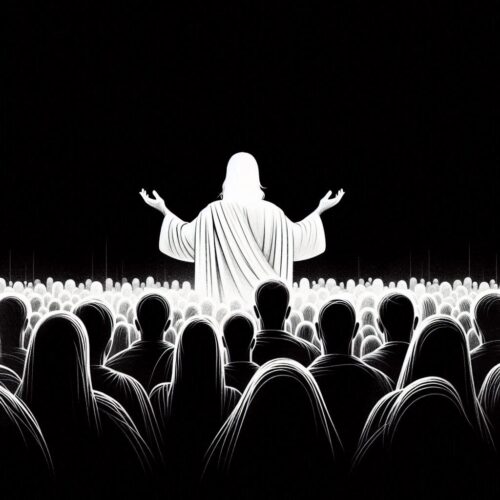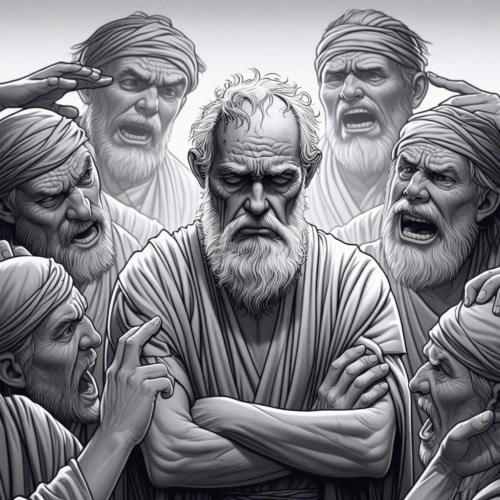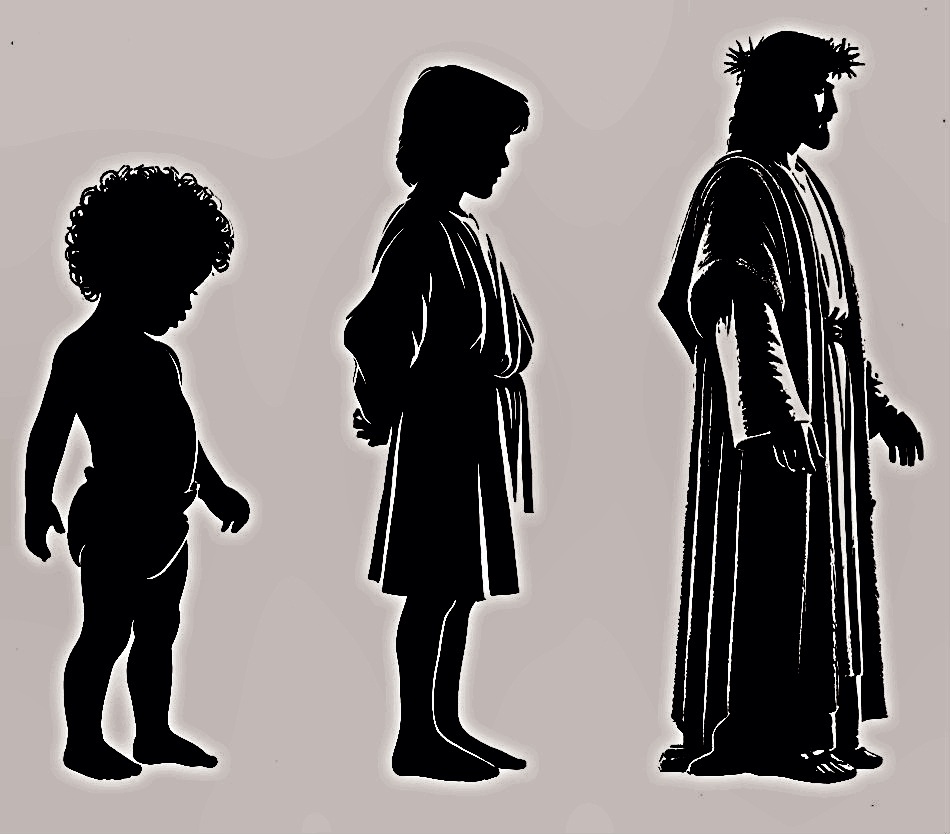“Firstborn from the Dead”: Wasn’t Lazarus Raised Before Jesus?
Here’s a question that has often puzzled Bible readers: If Lazarus was raised from the dead before Jesus (John 11), and so were Jairus’ daughter (Mark 5:41-42) and the widow of Nain’s son (Luke 7:11-17), why does Scripture uniquely call Jesus “the firstborn from the dead” (Colossians 1:18, Revelation 1:5)?
This isn’t a Bible contradiction or even chronological confusion. It’s theological precision that reveals something profound about Christ’s victory over death—and why His resurrection is fundamentally different from every other raising recorded in Scripture.
THE GREEK REVEALS GOD’S INTENT
The key lies in understanding what Scripture actually means by “firstborn.” The Greek word prototokos doesn’t primarily mean “first in time” but “first in rank” or “preeminent.” This isn’t unusual biblical language—it follows a pattern we see throughout Scripture.
Consider Psalm 89:27, where God promises to make David “the firstborn, the highest of the kings of the earth.” David wasn’t chronologically the first king of Israel (that was Saul), but God was establishing David’s supremacy and pre-eminence among all kings. Similarly, when Scripture calls Jesus “firstborn from the dead,” it’s declaring His supreme authority over death itself, not making a timeline claim.
This distinction matters enormously. God’s sovereign ordering of salvation history prioritises significance over sequence. The title “firstborn from the dead” speaks to Christ’s unique role and supreme position, not to mere temporal priority.
TWO KINDS OF “RISING”: THE CRUCIAL DISTINCTION
Here’s where Reformed theology offers crystal-clear insight: there’s a fundamental difference between resuscitation and resurrection. Lazarus experienced the former; Jesus accomplished the latter.
When Lazarus emerged from the tomb, he was still wrapped in grave clothes (John 11:43-44). He returned to the same mortal life he’d left behind—he would grow old, get sick, die again. His sisters would eventually bury him a second time. The same was true for Jairus’ daughter and the widow’s son. They were restored to their previous mortal existence.
Jesus’ resurrection was categorically different. He didn’t simply return to His previous life—He pioneered an entirely new kind of existence. Paul makes this clear in Romans 6:9: “We know that Christ, being raised from the dead, will never die again; death no longer has dominion over him.” Christ rose to immortal, glorified life, with what Paul calls a “body of glory” (Philippians 3:21).
The others were given back their old life. Jesus created new life—an eternal, imperishable, glorified life that death cannot touch.
JESUS: THE PATTERN AND PIONEER
This is why Paul calls Christ “the firstfruits of those who have fallen asleep” (1 Corinthians 15:20). In ancient Israel, the firstfruits were the initial portion of the harvest that guaranteed the full crop to come. Christ’s resurrection isn’t just the first of many—it’s the prototype that guarantees what’s coming for all believers.
Reformed theology emphasises Christ’s resurrection serves as the archetype for our future resurrection. When Lazarus was raised, he provided no pattern for others to follow—he simply got his old life back. But when Jesus rose, he blazed a trail into glorified existence that every believer will one day follow.
Paul explains this beautifully in 1 Corinthians 15:42-49, contrasting our current “natural body” with the coming “spiritual body.” Just as we’ve borne the image of Adam (mortality, corruption, weakness), we’ll bear the image of Christ (immortality, incorruption, power). Romans 8:29 promises we’ll be “conformed to the image of his Son,” and 1 John 3:2 assures us that “when he appears we shall be like him.”
Lazarus couldn’t offer this hope. His raising was wonderful but temporary. Jesus didn’t just reverse death—he transformed it, opening the way for glorified resurrection life for all who believe.
THE FULL WEIGHT OF THE TITLE
When we read “firstborn from the dead” in its biblical contexts, the full theological weight becomes clear. In Revelation 1:5, the title appears alongside “the ruler of kings on earth,” emphasising Christ’s cosmic authority. In Colossians 1:18, it’s explicitly connected to His supremacy “in all things.”
The Reformed tradition recognises that “firstborn from the dead” encompasses Christ’s:
- Complete victory over death’s power
- Absolute authority over death’s domain
- Role as forerunner and guarantee for believers
- Pre-eminence in the new creation order
This isn’t about timing—it’s about theological significance and salvific priority. Jesus alone conquered death permanently. Jesus alone rose to imperishable life. Jesus alone opened the way for others to follow in glorified resurrection.
THE HOPE THIS GIVES US
Jesus holds the title “firstborn from the dead” not because He was chronologically first, but because His resurrection alone conquered death permanently and established the pattern for eternal life. Unlike Lazarus, who returned to mortality, Christ pioneered immortality.
For believers, this means our resurrection won’t be like Lazarus’ temporary return to mortal life. It will be like Jesus’—a transformation into glorified, eternal existence. We have this hope because Jesus didn’t just come back from the dead; he conquered death itself and blazed the trail into resurrection life that we’ll one day follow.
That’s why He alone deserves the title “firstborn from the dead”. It’s not a matter of chronology, but rather—a declaration of His unique, supreme, eternally consequential victory over the grave.
FIRSTBORN FROM THE DEAD: RELATED FAQs
What about Old Testament characters raised by prophets like Elijah and Elisha? The widow’s son (1 Kings 17:17-24) and the Shunammite woman’s son (2 Kings 4:18-37) were also resuscitated, not resurrected. Like Lazarus, they returned to mortal life and would die again. These miraculous restorations pointed forward to Christ’s ultimate victory over death but didn’t establish the pattern for eternal resurrection life that Jesus would pioneer.
- How do modern Reformed scholars view the “firstborn from the dead” title? Reformed theologians like Matthew Henry emphasise Christ “has given us evidence of our resurrection from the dead” through his unique resurrection. Scholars consistently distinguish between temporary restorations and Christ’s permanent conquest of death, viewing the title as declaring his pre-eminence and his role as the prototype for believers’ future glorified bodies.
- Does “firstborn from the dead” relate to Jesus being “firstborn of all creation” (Col. 1:15)? Yes, both titles emphasise Christ’s supremacy and pre-eminence rather than chronological priority. Just as “firstborn of all creation” doesn’t mean Jesus was created first but declares His authority over creation, “firstborn from the dead” establishes his supreme authority over death and resurrection. The parallel structure in Colossians 1 reinforces Christ’s cosmic lordship.
Why doesn’t Scripture mention what happened to people like Lazarus after their raising? Scripture focuses on the immediate purpose of these miracles—demonstrating God’s power and pointing to Christ’s coming victory over death. The ultimate fate of those raised (whether they died again naturally) isn’t theologically crucial since their raisings were temporary signs, not permanent conquests of death like Christ’s resurrection.
- How does the “firstfruits” metaphor relate to “firstborn from the dead”? Both terms emphasise Christ’s role as the guarantee and pattern for believers’ resurrection. “Firstfruits” (1 Cor. 15:20) speaks to the certainty that the full harvest (our resurrection) will follow, while “firstborn from the dead” emphasizes his pre-eminence and pioneering role. Together, they assure us Christ’s resurrection guarantees and defines what ours will be like.
- Did Jesus’s resurrection body have the same physical properties as before his death? Reformed theology teaches that Jesus’s resurrection body was both continuous with and transformed from his earthly body. He could be touched and ate food (Luke 24:39-43), showing physical reality, yet he also appeared through locked doors (John 20:19), demonstrating glorified properties. This transformed physicality is the pattern for our future resurrection bodies.
How does this doctrine comfort believers facing death today? The “firstborn from the dead” title assures believers that death is not the end but a defeated enemy. Christ pioneered the path from death to glorified life, guaranteeing that those who trust him will follow the same route. Unlike temporary restorations, our resurrection will be permanent, imperishable, and glorious—modelled after Christ’s own victory over the grave.
FIRSTBORN FROM THE DEAD: OUR RELATED P0STS
- Did Jesus Rise from the Dead?
- Death Defied: Ten Evidences for the Resurrection in Luke 24
- The Power of the Resurrection: How Does It Matter To You?
- The Three-Fold Filter: Testing the Truth Claims of the Resurrection
- Objections to the Resurrection Rebutted
- They Saw the Risen Lord: Five Men Who Died Defending the Faith
Editor's Pick
The Anthropic Principle: How’s Our Universe Designed for Life?
Ever wondered why our universe seems so perfectly suited for life? The Anthropic Principle addresses this very question: it notes [...]
Who Wrote the Gospels? Evaluating Modern Scholarship
The four Gospel writers—Matthew, Mark, Luke, and John—are the foundational witnesses to Christ's life and teaching. Yet, the question of [...]
The Fossil Record: Does It Really Show We Evolved from Apes?
The Fossil Record: Does It Really Show We Evolved from Apes? The fossil record has long been presented as [...]
Wrestling with Identity: When God Asks Jacob His Name
In the darkness by the Jabbok River, Jacob wrestles with a mysterious figure until daybreak. Exhausted and injured, yet refusing [...]
The Fatal Flaws of Middle Knowledge: A Reformed Critique
Middle Knowledge is one of the most sophisticated attempts to reconcile divine sovereignty with human freedom. Proposed by the 16th [...]
If Jesus is God, Why Does He Call Himself ‘Son of Man’?
A fascinating aspect of Jesus' ministry is how He repeatedly refers to Himself as the "Son of Man." The title [...]
The Mystery of Salvation: Why Did God Keep His Plan a Secret?
In the economy of God's revelation, some truths remain veiled until the time appointed for their disclosure. The plan of [...]
What Does It Mean to Be a ‘Slave’ to Righteousness?
"And having been set free from sin, you became slaves of righteousness." - Romans 6:18 (NKJV) Given how highly we [...]
A Royal Priesthood: Why Does Peter Address Believers Thus?
The Apostle Peter’s words in 1 Peter 2:9 are striking: they include one of the most profound declarations of Christian [...]
Job’s Many Trials: What Purposes Did They Serve in the End?
The Book of Job is one of Scripture’s most profound explorations of human suffering and divine purpose. Through the devastating [...]
SUPPORT US:
Feel the Holy Spirit's gentle nudge to partner with us?
Donate Online:
Account Name: TRUTHS TO DIE FOR FOUNDATION
Account Number: 10243565459
Bank IFSC: IDFB0043391
Bank Name: IDFC FIRST BANK


